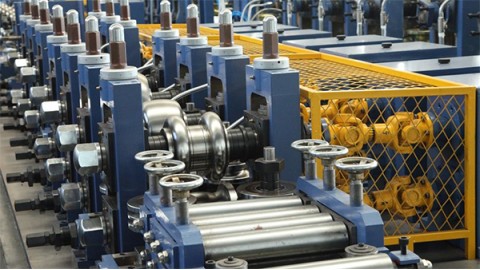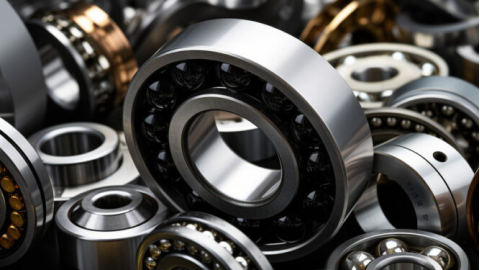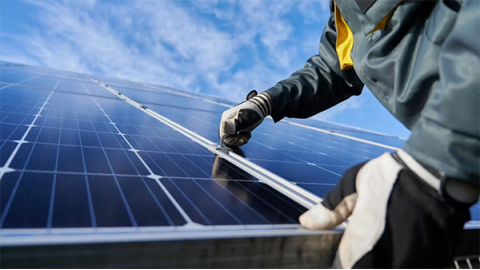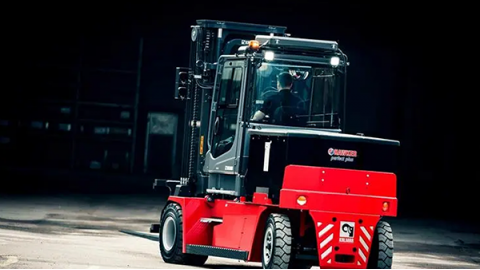Top 10 Industrial Building Equipment Manufacturers
Industrial building equipment forms the backbone of construction, manufacturing, and infrastructure projects. This category includes machinery like excavators, bulldozers, cranes, loaders, and specialized tools. These machines are vital for modern industrial operations. They make tasks more efficient, safer, and capable of handling heavy work beyond human labor. A few key companies lead the global market. They drive the industry forward with innovation, reliability, and extensive global networks.

What is Industrial Building Equipment?
Industrial building equipment covers a wide range of machinery. Earthmoving machines like excavators and bulldozers handle digging and grading. Material handling equipment includes forklifts and cranes for lifting and moving heavy loads. Compaction equipment like rollers prepares foundations. Specialized machinery includes tunnel borers and concrete pumps. These machines can be wheeled or tracked. They are powered by diesel, electric, or hybrid systems. Many now feature GPS and Internet of Things (IoT) technology for precision operation.
How We Rank the Top Manufacturers
We evaluate companies based on key factors. Annual revenue and market share show financial strength and industry influence. Product range and diversity indicate the ability to meet various customer needs. Innovation and technology integration include automation, electrification, and smart features. Global presence and a strong dealer network ensure service and support are accessible. Customer service and after-sales support cover warranties, parts availability, and training. Sustainability and environmental initiatives, like emission reduction, are also critical. Reputation and industry awards recognize quality and reliability.
The Leading Industrial Equipment Manufacturers
Here are ten companies that define the industry.
Caterpillar Inc. (United States)Caterpillar is a global leader. It offers a vast product line, including excavators, bulldozers, and generators. The company emphasizes machine durability and advanced technology.
Komatsu Ltd. (Japan)Komatsu is a major player known for its broad range of machinery. Its Komtrax remote monitoring system provides valuable data on machine health and utilization.
John Deere (United States)Famous for agricultural machinery, John Deere also produces robust construction equipment like backhoes and loaders, known for their performance.
Volvo Construction Equipment (Sweden)Volvo CE focuses heavily on innovation and safety. It is a pioneer in offering electric excavators and loaders for sustainable job sites.
XCMG (China)XCMG is a major global force. It manufactures cranes, rollers, and excavators. The company is recognized for providing cost-effective solutions.
SANY Heavy Industry (China)SANY is another key Chinese manufacturer. It produces a wide array of equipment, including concrete machinery and crawler cranes, for the global market.
Hitachi Construction Machinery (Japan)Hitachi is renowned for its high-quality excavators. The company has a strong technological focus and a significant global partnership with other industry leaders.
Liebherr (Germany)Liebherr is a family-owned group known for its premium cranes and excavators. The company is celebrated for its engineering excellence and innovation.
Doosan Infracore (South Korea)Doosan, now part of Hyundai Genuine, offers a dependable range of excavators, loaders, and attachments. It has a strong presence in many international markets.
JCB (United Kingdom)JCB is a world-renowned manufacturer. It is particularly famous for its backhoe loaders and continues to innovate with electric and hydrogen-powered machine prototypes.
Driving Innovation in Equipment Design
Manufacturers constantly push for better products. Electrification is a major trend, with models like Volvo’s ECR25 Electric excavator producing zero emissions on-site. Automation is growing; Caterpillar’s autonomous bulldozers can operate with minimal human input. IoT integration allows for real-time monitoring—Komatsu’s Komtrax system tracks machine health and fuel usage. Some companies are exploring hydrogen fuel cell technology for future zero-emission machines. The use of advanced materials, like high-strength steel, reduces weight without sacrificing durability. Smart control systems with GPS improve grading precision and overall efficiency.
Global Market Strategies for Success
Top manufacturers operate on a worldwide scale. They establish localized production facilities in multiple countries to serve regional markets efficiently. A vast network of dealers ensures that parts and service support are available, even in remote locations. Companies grow through mergers and acquisitions; XCMG’s acquisition of Germany’s Schwing is a prime example. They adapt their products to meet regional demands, offering smaller, more agile machines for dense urban areas in Asia. Digital platforms streamline parts ordering and service scheduling, improving the customer experience. Participation in major international trade fairs, like bauma, is essential for launching new products and technologies.
Commitment to Customer Support and Sustainability
Leading manufacturers provide extensive customer support. They offer comprehensive warranty packages, like John Deere’s extended coverage options, to give customers peace of mind. Global parts distribution centers enable quick delivery to minimize machine downtime. Training programs for equipment owners and operators, such as Volvo’s certified courses, ensure safe and efficient machine use. Remote diagnostics allow technicians to troubleshoot issues virtually. On sustainability, the industry is developing more electric models to reduce jobsite carbon footprints. Many have implemented recycling programs for end-of-life equipment and focus on reducing emissions and water usage in their manufacturing processes.




